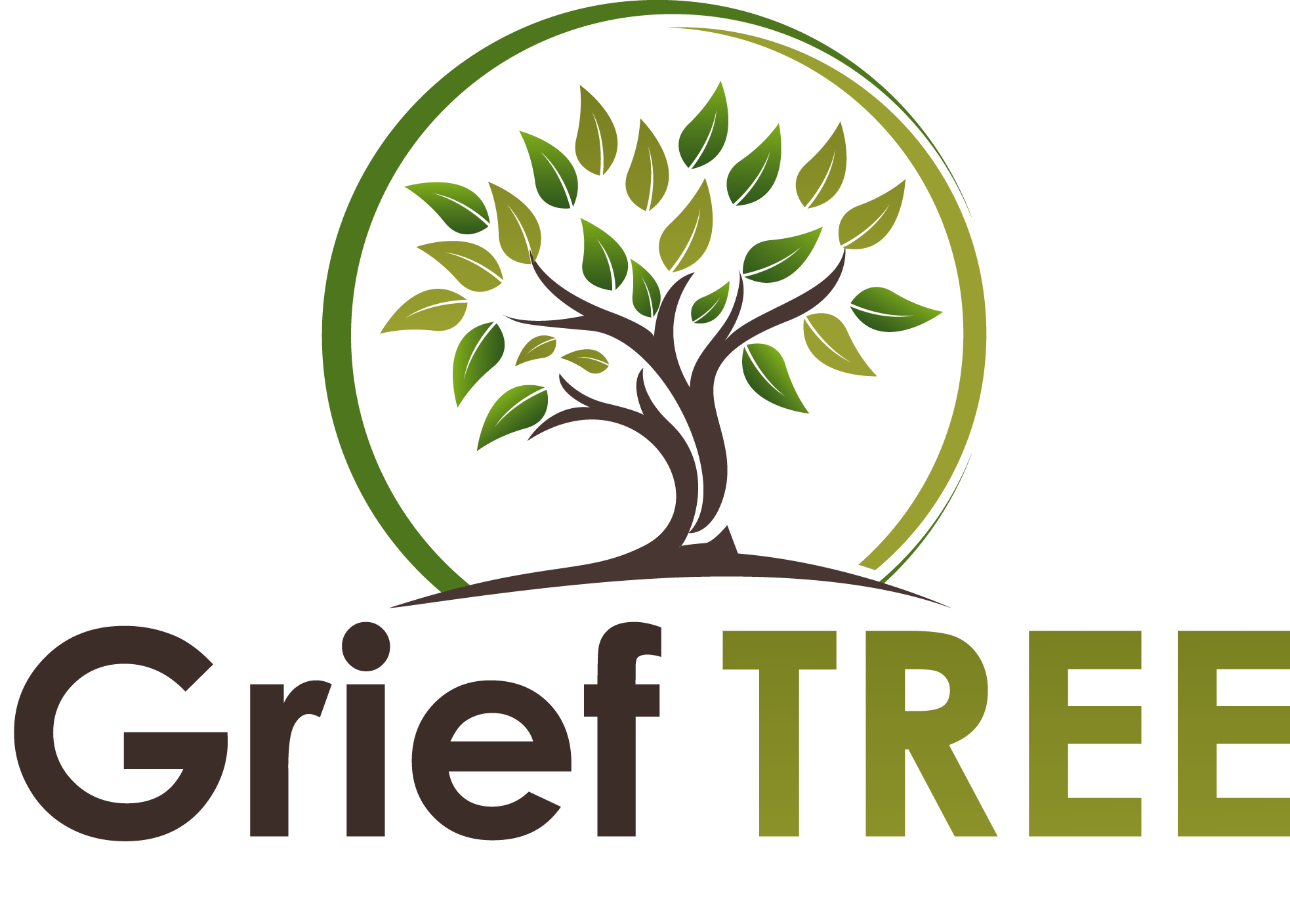As much as Love is universal, Loss is universal. If you are born and you have experienced love, for sure you will someday experience loss. However, losing someone or something dear to your heart is accompanied by a full body and mind experience that is usually unpleasant to most.
The unpleasantness combines the emotions experienced while living the physical and/or emotional separation from the lost loved one. Being separated forever or for some time, gives life and strength to feelings such as fear, anger, anxiety, bitterness, disappointment, helplessness, loneliness, numbness, discouragement, sadness, and worthlessness for a period before you can face the reality and develop resilience and hope.
The loss can be someone you care about: a friend, a pet, a divorce, an absent parent, a friendship, a major physical injury, an illness, an abandonment, a job loss, a miscarriage, a betrayal, or a move to another neighborhood, city, or a new country.
For millions living in the United States either as first, second, or third generation of migrants, there is at least one common ground, “At some point, the movement from somewhere on the planet to the United States “.
The migratory movement brings positive outcomes for many. However, no one should ignore no matter what constituted the motivation for people to leave their country, their culture, and their environment, grief and loss are components of their journey. To start over in a new country, a new culture, and a new environment, a grief process that is short, intermediate, or even long lasting has to happen with the process of acculturation and/or adaptation which can be both successful while also distressful.
My point today is to underline the necessity for the newcomers and the living population of any given place on earth to be aware of the grief process migrants could be experiencing. There is no set date associated with grieving your homeland. Self-adaptation or acculturation to a new language, new culture, and a new way of living takes time and goodwill. As it is imperative to learn the language of the host country to better integrate to the environment and create a new life for ones’ self. It is also imperative that migrants should seek help for the loss and grief they are for sure experiencing during and after their migratory journey.
At the same time, the natives of the receiving country are also grieving their homeland forever changing. It takes understanding and tolerance on both sides to create a welcoming and peaceful environment for all in order to benefit from each other’s strengths.
The United States has always been the Land of the Free, given birth to a unified and strong melting pot community. With this comes the need to take time to address the emotional issues and grieving of losses so we may all become stronger together.
Written by Nadine Lord, MSW, LCSW



